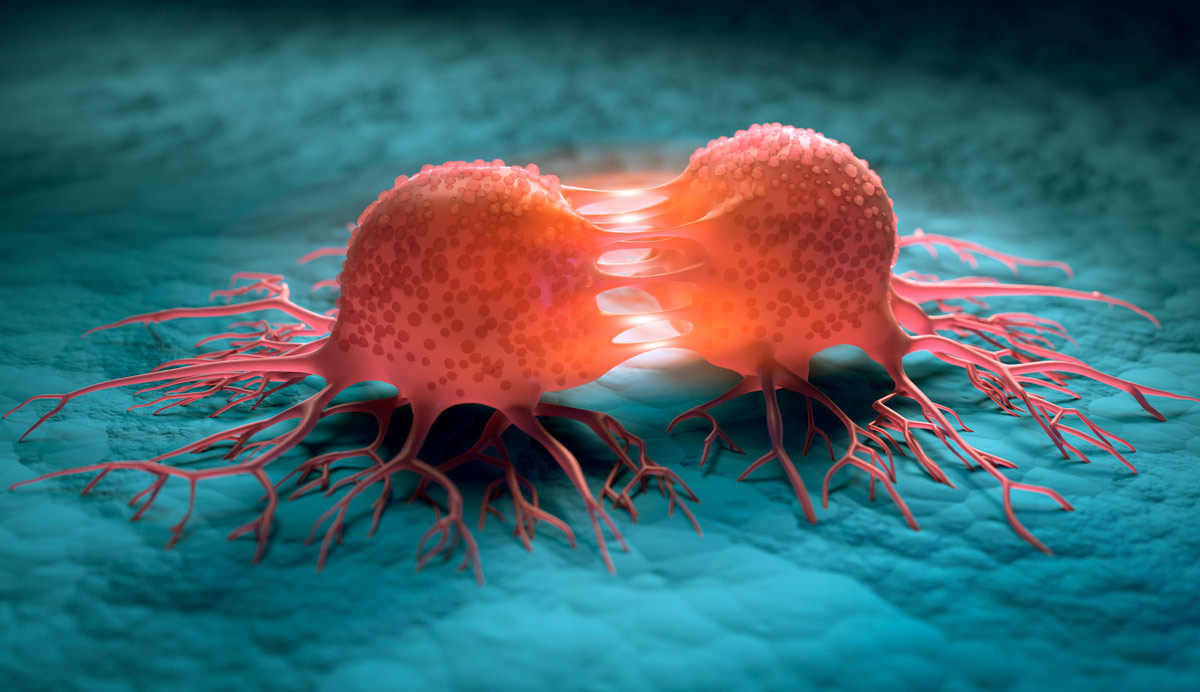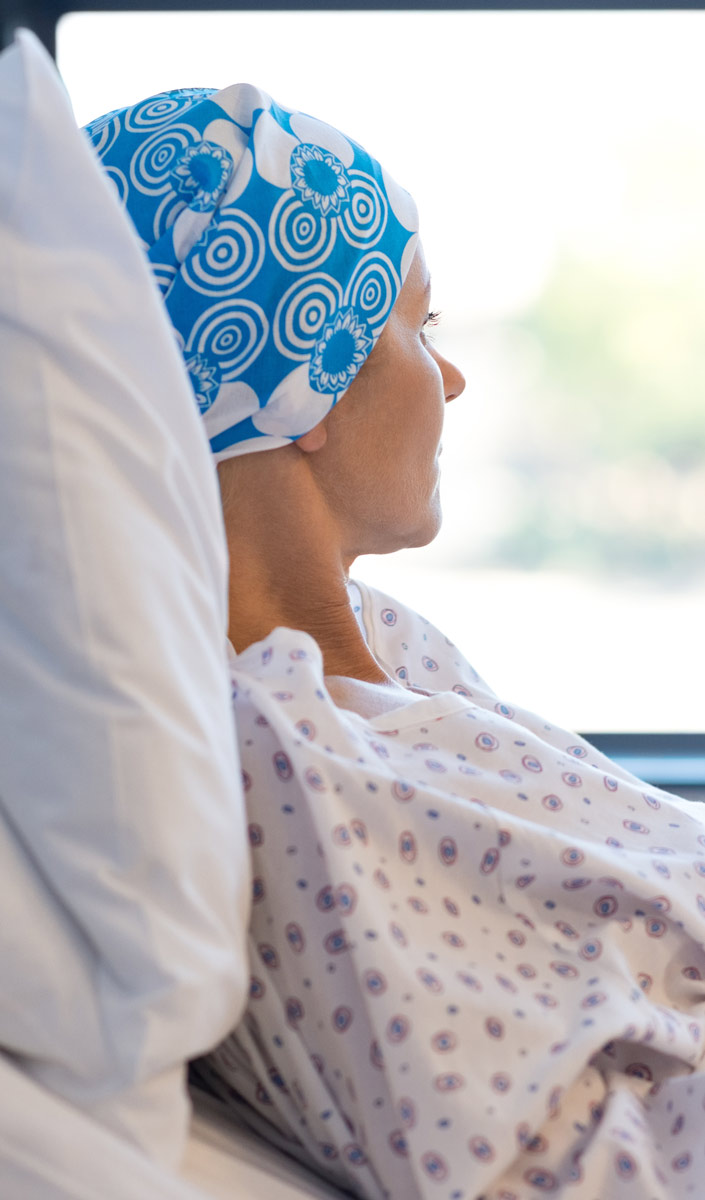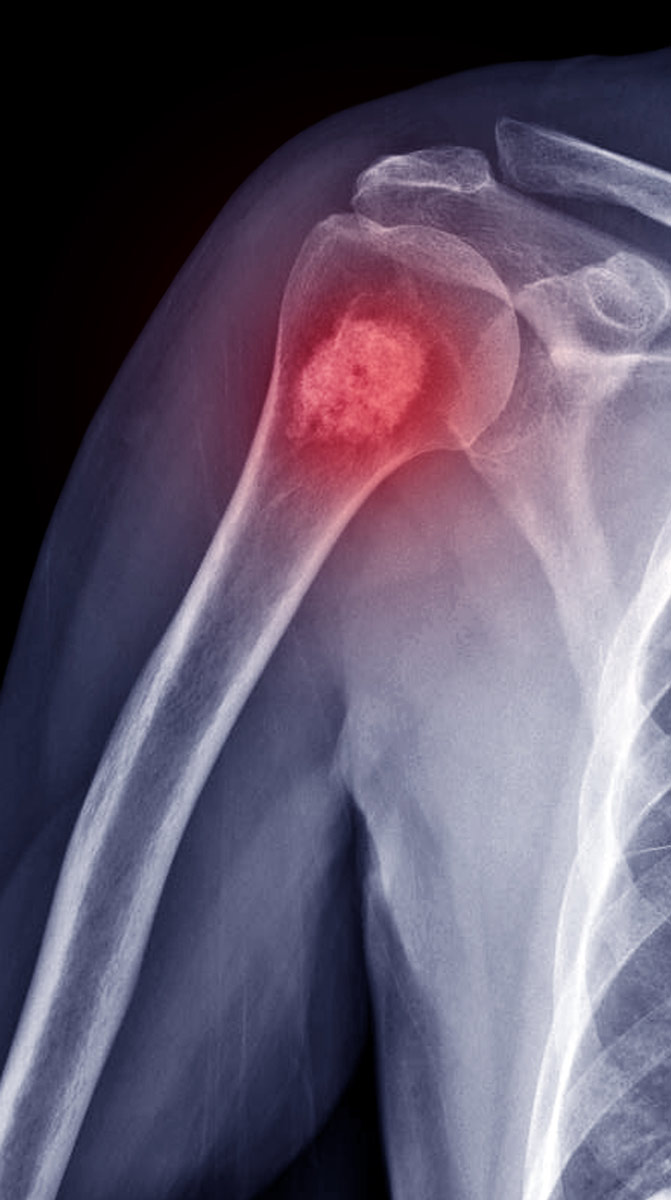Tumor

What are Tumor diseases?
These are diseases in which there is an exaggerated or abnormal growth of the cells of our tissues.


What are the most frequent ones in which we can intervene?
Benign tumors
Prostate hyperplasia, uterine fibroids, lipomas,…
Cancers
Colon, breast, lung and bronchus, glioblastoma and brain tumors, liver, skin, melanoma, pancreas, prostate, renal, bladder, ovarian, uterine, oral, retina, lymphoma, leukemia.
What is the cause?
There are benign tumors, where there is simply an abnormal multiplication of cells that may compromise the body by compressing neighboring structures. In contrast, malignant tumors, or cancer, involve cells that no longer resemble normal cells. These cells divide rapidly, destroy healthy tissue, and can spread (metastasize) to other organs.
What is our objective?
Our goal is to influence the expression of oncogenes in both benign and malignant tumors, as well as in all stages of tumor development, to help these cells return to their normal state.
How Bi(G)Med can help:
- Slowing the development of tumors and preventing metastasis.
- Reducing side effects from chemotherapy and radiotherapy.
- Supporting relapse prevention.
How can we help?
First we must make a proper diagnosis by interview, examination and accurate diagnostic techniques. diagnostic techniques, such as such as protein profiling, lymphocyte typing, serology and others.

-Diagnostics predictivein order to be able to make a preventive treatment. In this way, we can avoid the development of a tumor or cancer.
-Diagnosis of suspicion, at stages still undetectable by tumor markers or imaging techniques. At this stage we would be in time to give the information to the cancer stem cells so that they return to their normal state, so that they self-regulate.
-Diagnosis of certainty, in tumors already detected or in metastases.
When we have all the data, we can act by favoring cellular autoregulation with different strategies: Bioimmunogenetics o Bi(G)MED, nutrition y micronutritionas well as other complementary treatments required by the specific case.
Particularities
- In patients undergoing chemotherapy, Bi(G)Med can help maintain immune cell levels (such as lymphocytes and neutrophils) by preventing or reducing the typical decrease in these cells during treatment.
- Bi(G)Med does not interfere with cancer treatments and has no side effects, as it focuses on providing the cells with the proper information to function optimally.

